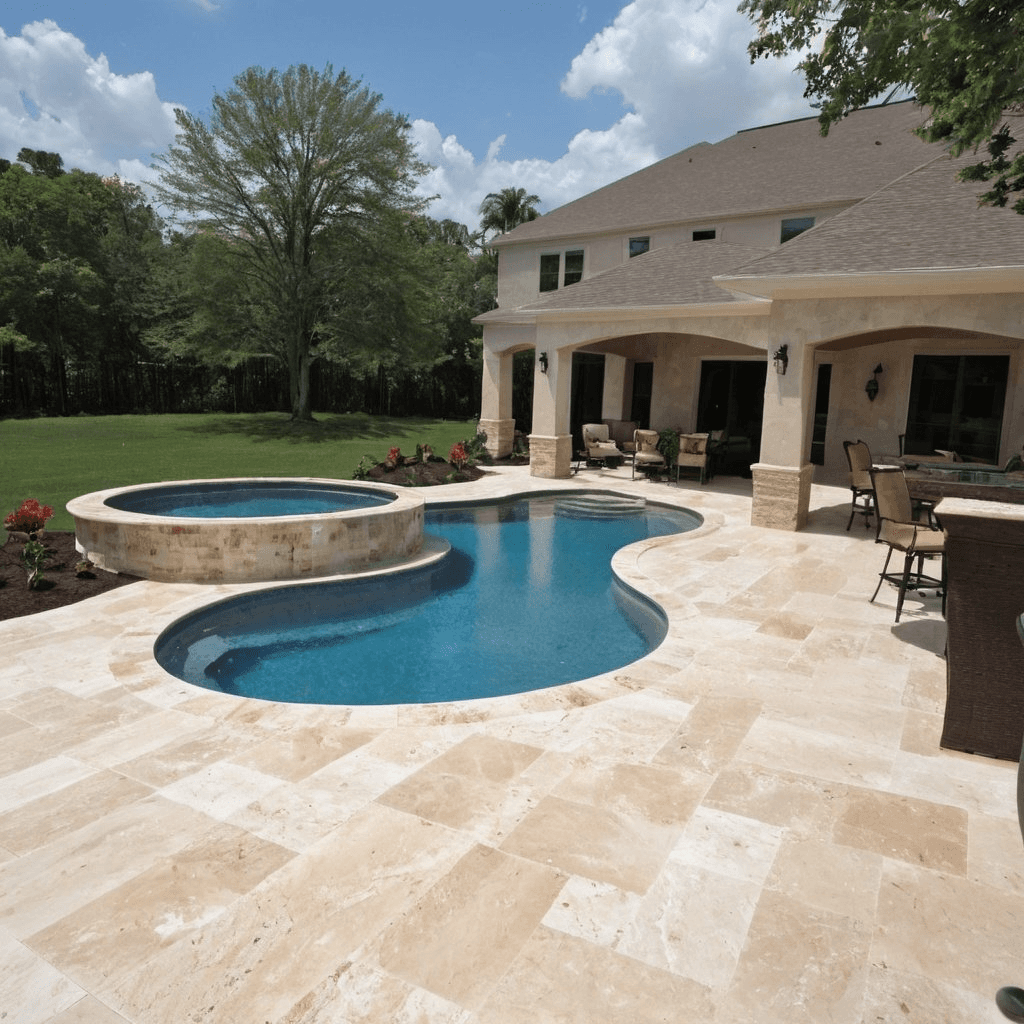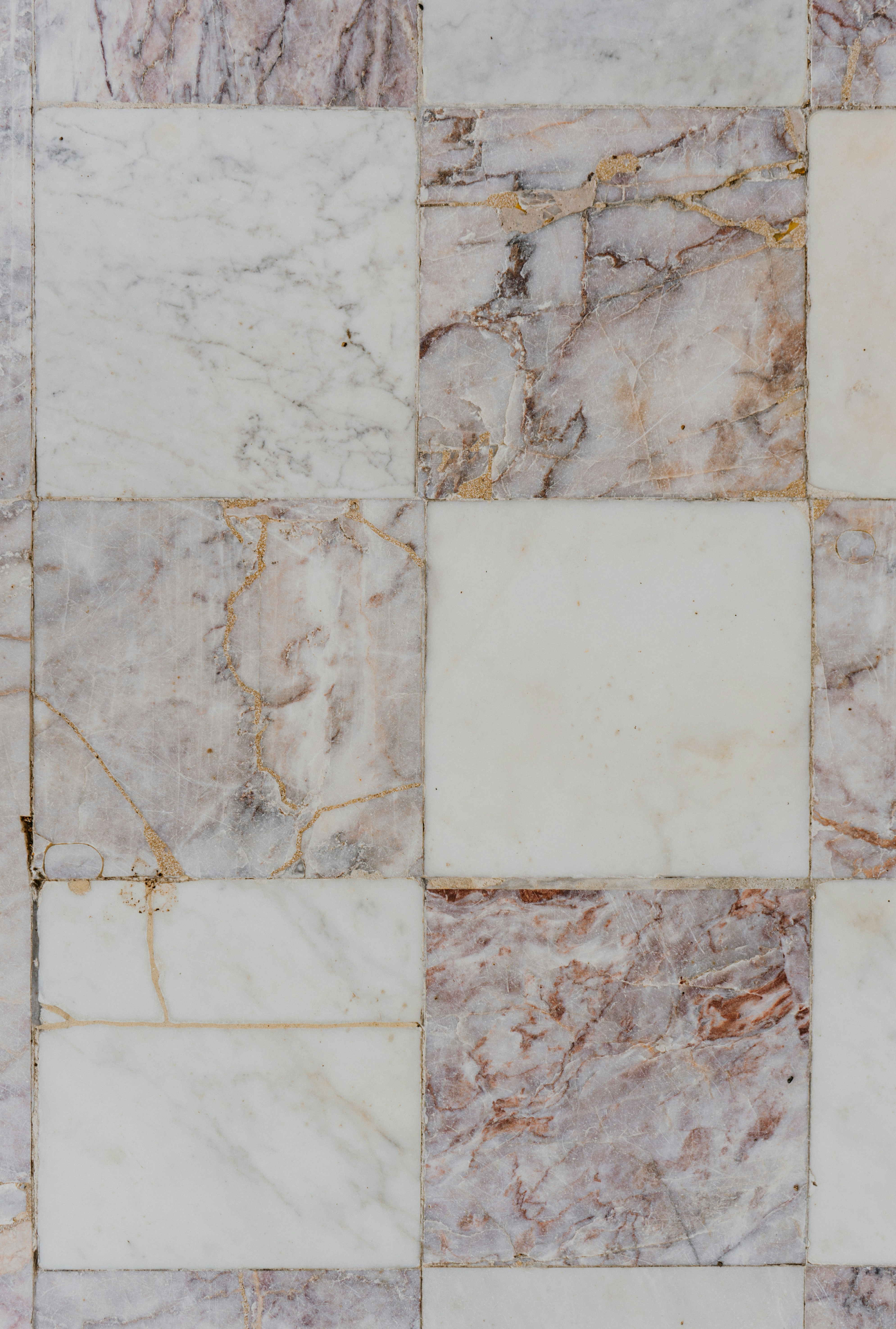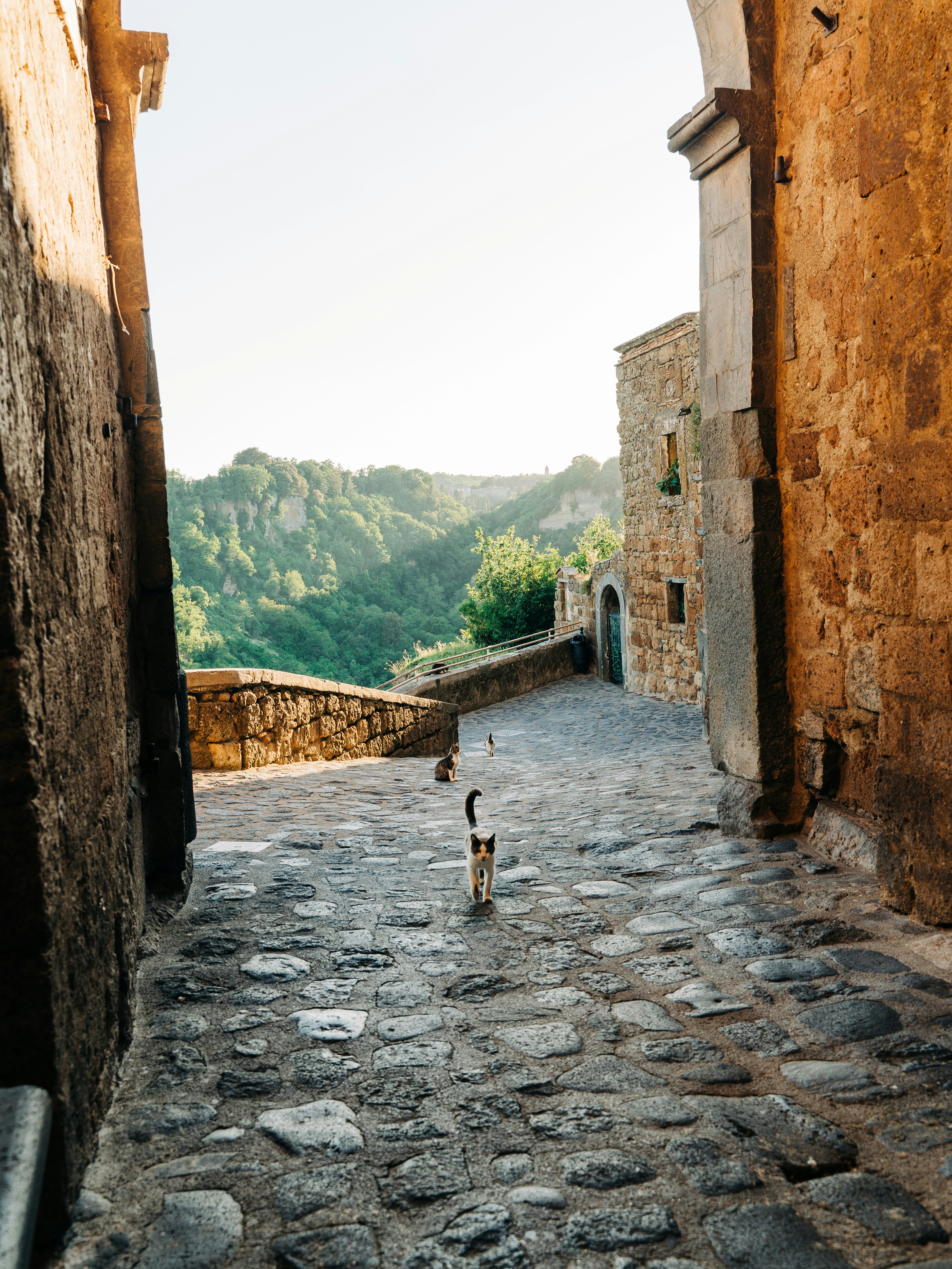February 21, 2024
Does Travertine Need to Be Sealed?
Does Travertine Need to Be Sealed?
Travertine, a type of limestone, has been used in construction and design for centuries. Its timeless appeal, characterized by unique veining and a range of earthy colors, makes it a favorite choice for floors, countertops, and other surfaces. However, one crucial question often arises when dealing with travertine: Does it need to be sealed? The answer, while seemingly straightforward, involves several considerations.
#### Understanding Travertine
Travertine forms in mineral springs, especially hot springs, resulting in its distinctive porous texture. These pores, while contributing to its aesthetic charm, also make the stone more susceptible to staining and damage. Unlike granite or quartz, travertine is softer and more prone to wear and tear, necessitating extra care to maintain its beauty and durability.
#### The Role of Sealing
Sealing travertine is a preventive measure aimed at protecting the stone from stains, moisture, and other potential damages. Here are the primary reasons why sealing travertine is generally recommended:
Stain Prevention: Travertine’s porous nature allows liquids to penetrate its surface easily, leading to stains. Common household substances like wine, coffee, and oil can quickly seep into the stone, leaving unsightly marks. Sealing creates a protective barrier, reducing the stone’s absorbency and making it easier to clean spills before they cause permanent damage.
Durability Enhancement: Sealing helps in fortifying the stone against wear and tear. High-traffic areas, such as kitchen countertops or bathroom floors, are especially vulnerable to scratches and other damage. A good quality sealant can enhance the stone’s durability, extending its lifespan.
Moisture Resistance: In areas exposed to water, such as bathrooms and pool surrounds, sealing travertine is crucial. The stone’s pores can absorb moisture, leading to mold and mildew growth. A sealant prevents water from penetrating the surface, thereby minimizing the risk of such issues.
Ease of Maintenance: Sealed travertine is significantly easier to clean and maintain. The sealant repels dirt and grime, reducing the amount of time and effort required to keep the surface looking pristine.
Types of Sealants
There are primarily two types of sealants used for travertine: penetrating sealers and topical sealers.
Penetrating Sealers: These sealers soak into the stone, filling the pores and providing protection from within. They do not alter the stone’s natural appearance and are ideal for both indoor and outdoor use. Penetrating sealers are particularly effective in preventing stains and moisture absorption.
Topical Sealers: These create a protective layer on the surface of the stone. While they can provide a glossy finish, they may alter the stone’s natural look. Topical sealers are generally used in low-traffic areas due to their tendency to wear off with time and require more frequent reapplication.
When Not to Seal Travertine
In some cases, sealing may not be necessary. For instance, travertine used in decorative areas with minimal exposure to spills and wear, like walls or backsplashes, might not require sealing. Additionally, some homeowners prefer the natural aging and patina that unsealed travertine develops over time, adding character to the stone.
Conclusion
Sealing travertine is generally advisable to maintain its appearance and extend its life. By protecting the stone from stains, moisture, and wear, a good quality sealant can significantly enhance travertine’s performance in various settings. However, the decision to seal should consider the specific application, location, and personal preference. Properly sealed and maintained travertine can continue to add beauty and value to any space for many years.






